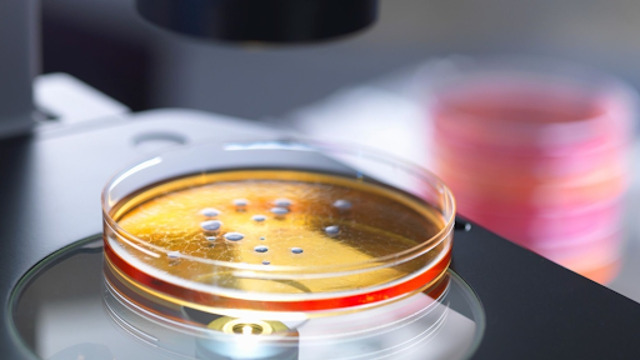
At present, it's not possible to create mirror bacteria—synthetic organisms where the natural molecular structure is reversed. Getty Images
A group of 38 scientists from nine countries has raised significant concerns about the potential dangers of creating mirror bacteria—synthetic organisms where the molecular structures found in nature are reversed. The scientists argue that while the technology to create mirror bacteria is still many years away, the risks they pose could be unprecedented and largely overlooked by the scientific community.
The research, published on December 12, highlights that this new field of synthetic biology, driven by curiosity and plausible applications, could have serious consequences for human, animal, and plant health. Mirror bacteria, if created, would be fundamentally different from known life forms due to their molecular structure. These bacteria would consist of mirror-image molecules, which could disrupt the molecular interactions that are critical for life.
The issue stems from a property called chirality, or handedness, which is a crucial feature of all life. In nature, most biological molecules like DNA and proteins are made up of "right-handed" nucleotides and "left-handed" amino acids. This chirality is essential for how molecules interact with each other. For example, just as a right-handed glove won’t fit a left hand, mirror-image molecules wouldn’t interact properly with molecules in natural life forms. If mirror bacteria were introduced into the environment, the immune systems of plants, animals, and humans might fail to recognize these bacteria as harmful, leaving them vulnerable to infection.
The scientists, who include experts in immunology, biosecurity, plant pathology, ecology, and evolutionary biology, initially did not foresee such risks. However, after further consideration, they have expressed deep concerns about the creation of mirror life. "The risk of something bad happening is low, but the consequences of something bad happening are really awful," said Jonathan Jones, a coauthor of the study. He emphasized that while the immediate threat may not be significant, the long-term impact of such research could be devastating.
The scientists are urging that unless compelling evidence shows that mirror life wouldn’t pose extraordinary dangers, research into mirror bacteria should be halted. They recommend that funding organizations should make it clear they will not support this type of research until further safety assurances are made. The researchers fear that mirror bacteria could spread across ecosystems, potentially causing widespread and irreversible damage.
The creation of mirror life is still in its infancy, with technical challenges making the development of mirror bacteria a distant goal. However, scientists are concerned about the long-term implications. Although the research community is not currently focused on creating mirror bacteria, they warn that, if successful, it could lead to dangerous new pathogens that are difficult to detect and combat. The report emphasizes that even the smallest risk could have significant and lasting consequences for biodiversity, agriculture, and human health.
While mirror bacteria remain a distant possibility, their potential risks should not be ignored. The scientists stress that careful consideration is needed before proceeding with research in this area, as the impact of mirror life could be far-reaching and irreversible.















